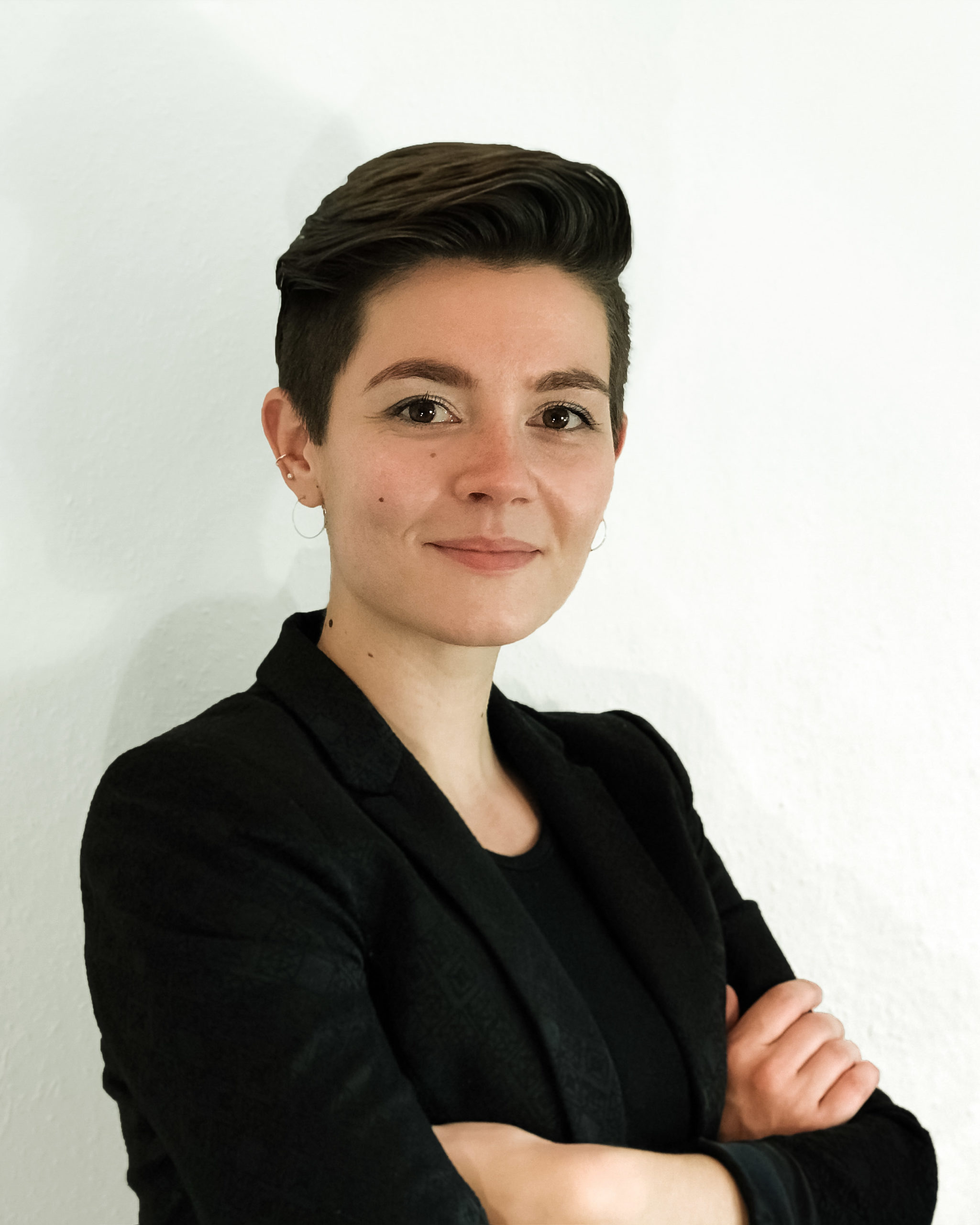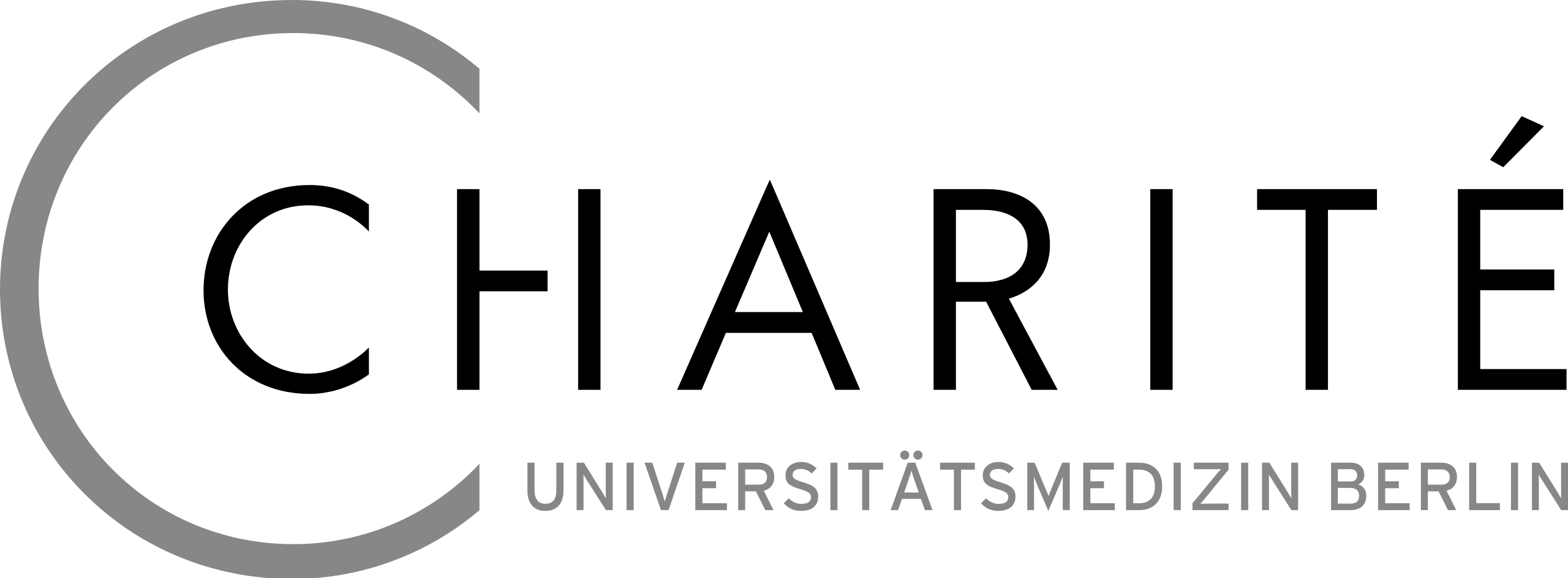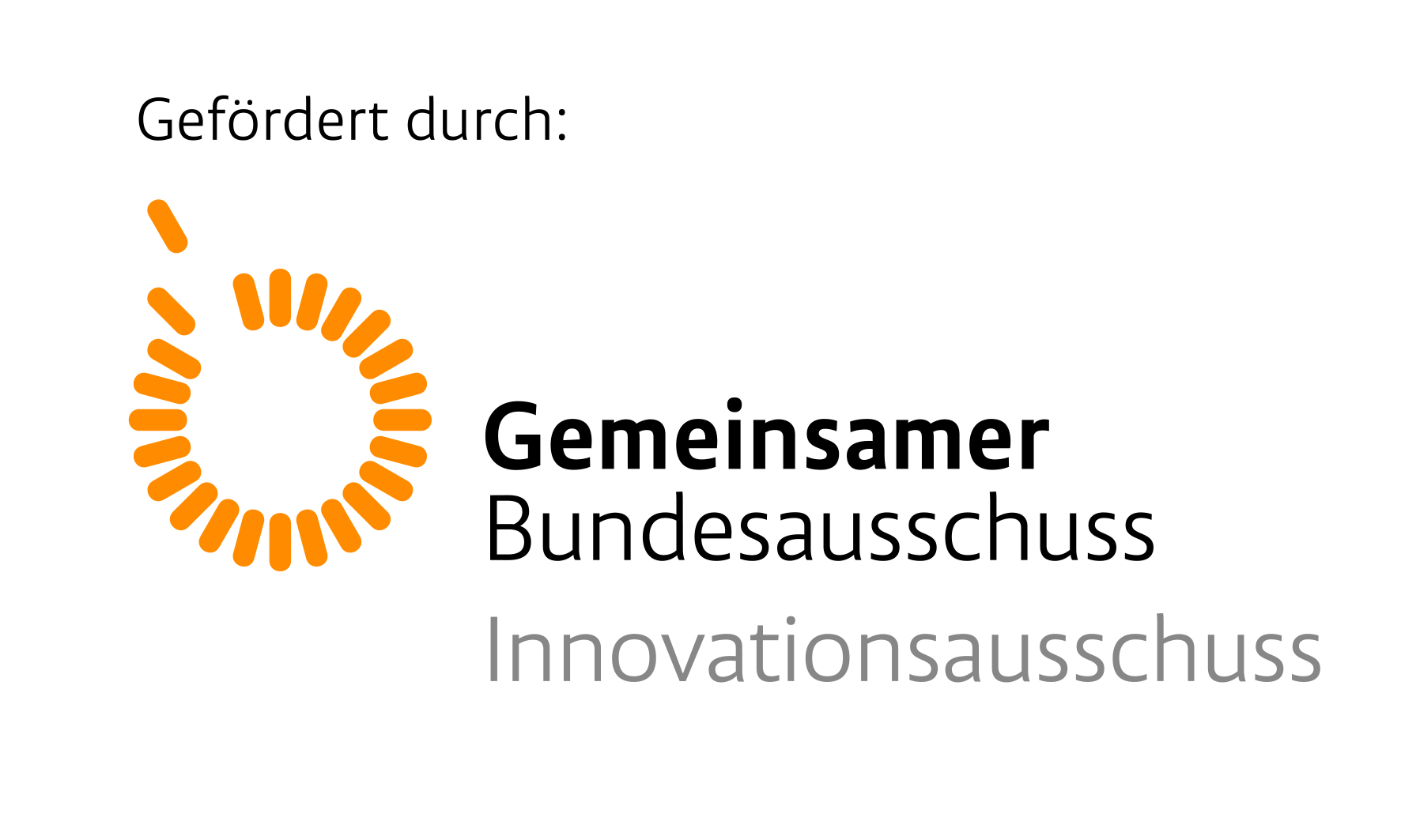Motivation
The development towards agile, flexible and digital forms of work is summarised under the term “New Work” (NW).
The effects of temporally and spatially flexible forms of work, as an example of new forms of work, on the health of employees are controversially discussed. Agile working and digitalisation can effectively promote health, but can also have the opposite effect. On the one hand, there is a reduction in stress and an improved psychological well-being. On the other hand, working in a home office, for example, shows a tendency towards more work with resulting exhaustion and a reduction in recovery times as well as a decrease in ergonomic standards.
The COVID-19 pandemic is acting as a catalyst for new forms of work. Within a very short period of time, a large number of companies have undertaken extensive transformations. These can be summarised under the term Pandemic (P)NW.
The new forms of (P)NW are accompanied in many companies by low levels of knowledge and uncertainty about new forms of work and their health implications. It is becoming apparent that known challenges of care in the area of occupational health and safety will be intensified and that new concepts are needed that think along the lines of access to employees. Occupational health management is an important factor in creating health-promoting and health-appropriate conditions and in strengthening prevention among employees. However, previous occupational health management approaches are not sufficiently oriented towards (P)NW forms of work and do not do justice to individual and structural needs. For many companies, the interaction between (P)NW and health is a proverbial “black box”. The health effects of the new digital, agile and flexible forms of work and the requirements for the design of efficient occupational health management structures within these settings have not yet been sufficiently investigated.












